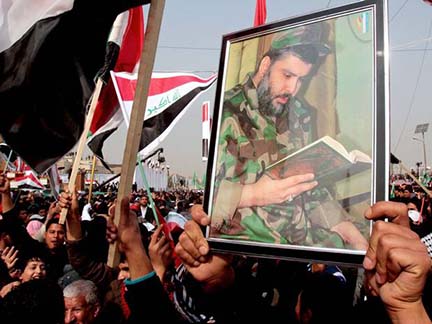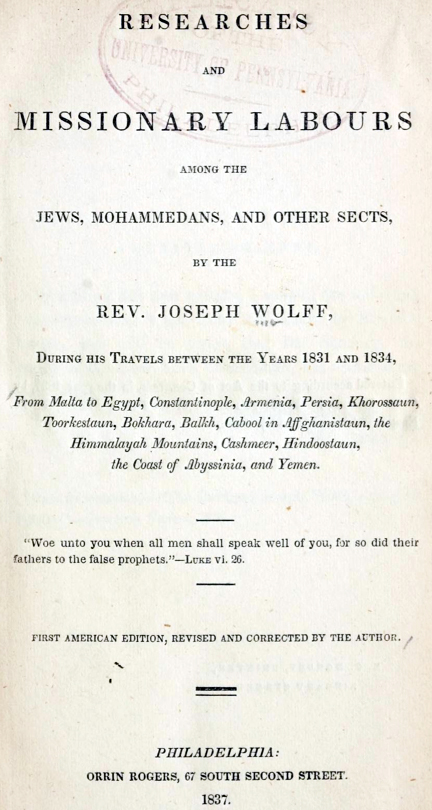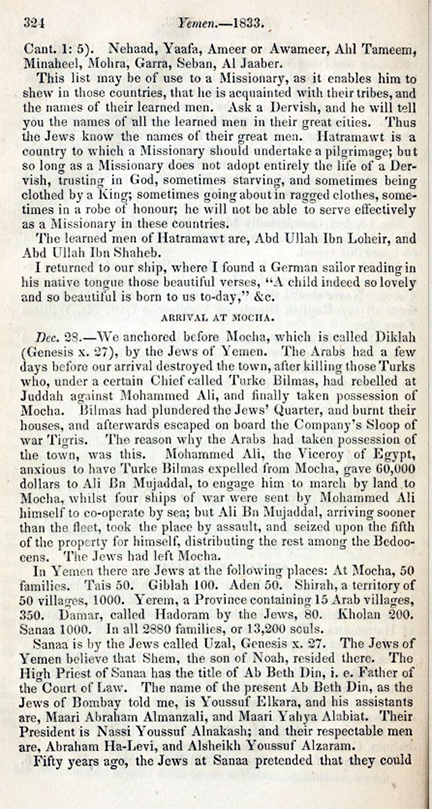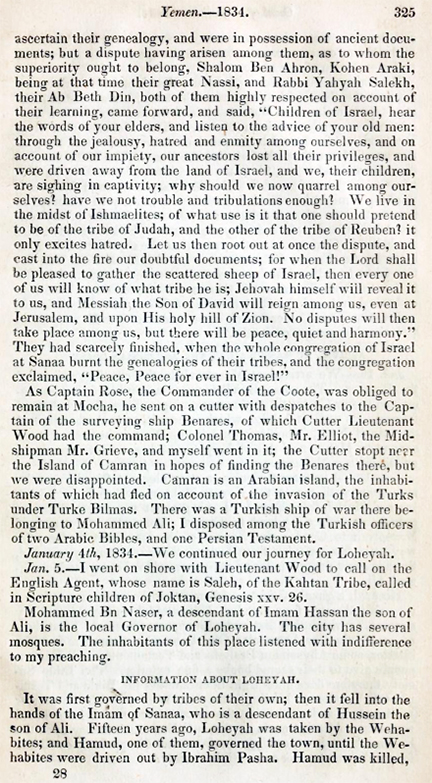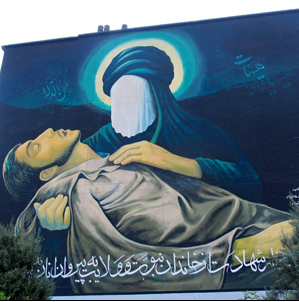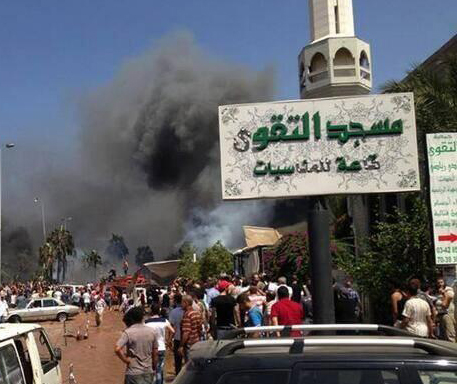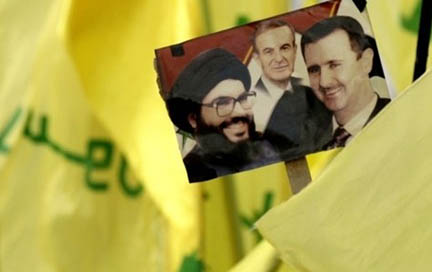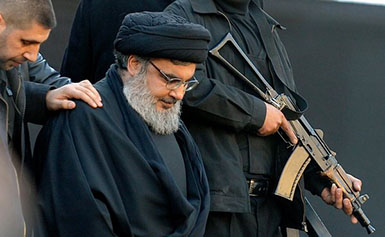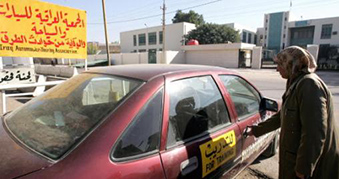
by Abbas Sarhan, Niqash, November 28, 2013
Only a few years ago a woman driving on the streets of Karbala was an unusual sight, one that some considered indecent and odd. But this has changed a lot, with more women driving and more locals considering it acceptable. And despite the city’s conservative ways, local authorities are now sending their female staff to driver education courses.
Local woman Ruqaya is proud that she was one of the first females, if not the first, to drive a car in the conservative Iraqi city of Karbala. She’s a school teacher and she was taking taxis to work every day. “This was costing almost one quarter of my salary,†she explained to NIQASH. “So I decided to buy a car. It was an old Daewoo and I bought it for US$3,000. In 2009, I sold it and bought a sportier model, a Kia.â€
That was in 2005. “It was strange to see a woman driving a car here,†she continues. “People often looked surprised or outraged when they saw it. And there were men who would make fun of female drivers and who made jokes about them.â€
Once when her car broke down, Ruqaya had to leave it next to a petrol station and she was jeered at by those who saw her predicament as she left the car.
Karbala didn’t have any actual laws forbidding women from driving and, unlike in some Gulf States, there has never been a fatwa, or religious edict, issued that forbids women from driving. Continue reading Karbala becomes Carbala
